Two Attributes of a Good Partner
Twice in the past week, I’ve said something like this to clients: “Don’t ignore current capabilities and cost, but what you really want in this [implementation firm, software provider] is a good partner.”
Let me explain what I mean by a good partner.
A good partner is trustworthy.
No amount of due diligence or contract scrutiny can substitute for trust. When you enter a relationship with a service provider, or any kind of partner, you want to feel confident that they will act in good faith, understand your needs and culture, and follow through on promises.
Client references should give you evidence to support this. Try asking things like, “Has this organization always been forthright about problems or deviations from the plan?” or “What have they done to earn or undermine your trust?”
Keep building trust–both ways–long after you sign a contract. How can you do that? Candor, deep listening, taking responsibility for the impact of your actions, and honoring commitments are all behaviors that build trust in any relationship.
A good partner has a learning mindset.
Those are great buzzwords, right? Let’s consider what a learning mindset looks like in a partnership.
The partners continue learning about each other and avoid assuming that yesterday’s capabilities or preferences remain the same today. If you’re relying on a partner for expertise, they stay on top of trends and keep their skills sharp. If you’re relying on them for a product or service, they keep making it better.
A partner with a learning mindset asks for and receives feedback, treats goof-ups as opportunities to learn, and doesn’t hide mistakes. They support your learning by sharing knowledge–and by telling you, gently, when you have miscalculated or misstepped.
One last thought.
Good partnerships involve an equal exchange of value.
In some cases, there’s a payment in return for some product or service. But the exchange of value can take many other forms.
My own work would look completely different without the formal and informal partners and collaborators that fuel it. In most cases no money is involved, but each party is getting something vital from the other. The value might ebb and flow…today I’m sending a referral to you…next month you’re offering me some advice…and over time it comes out even. We see transparency and generosity as an investment in the relationship, and therefore it doesn’t feel transactional, and no one keeps score.
If you want to explore some of the ideas that are informing my perspective on partnership, there’s this webinar/video from Forefront, featuring Aina Gutierrez of Rebuilding Exchange and Ali Carella and Scott Cotenoff of La Piana, in which they talk about how to advance strategy through partnership. Jamie Mueller and I have similar thoughts on what makes a partnership work; see this article and then check out her new side venture, CollabUnity. Or let me introduce you to some of my partners!
